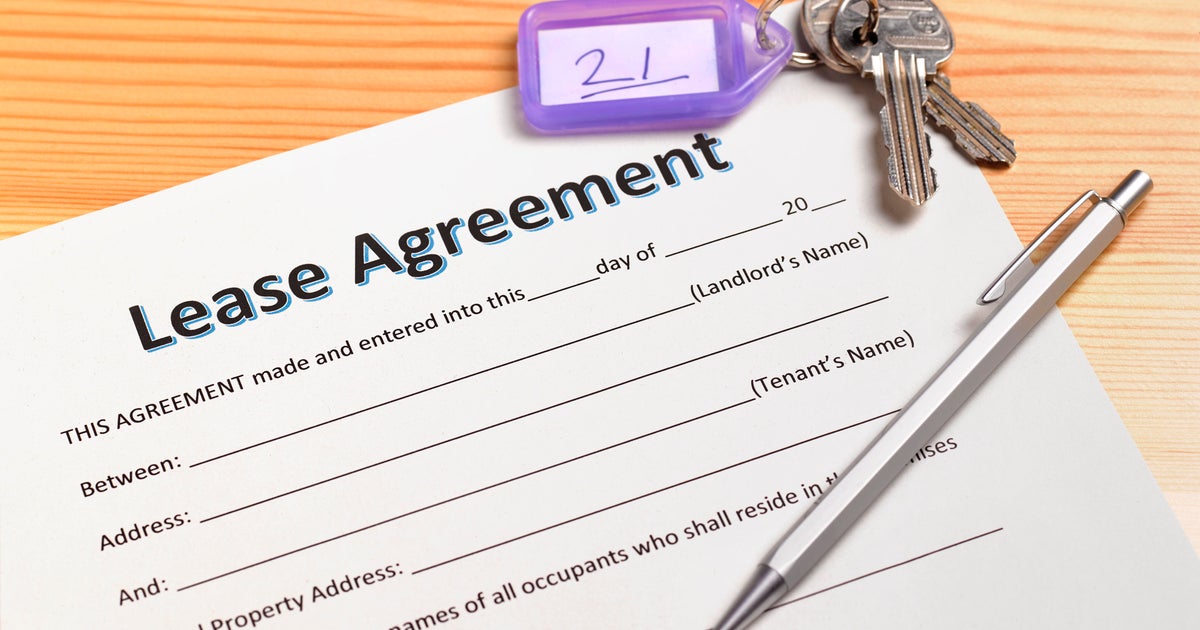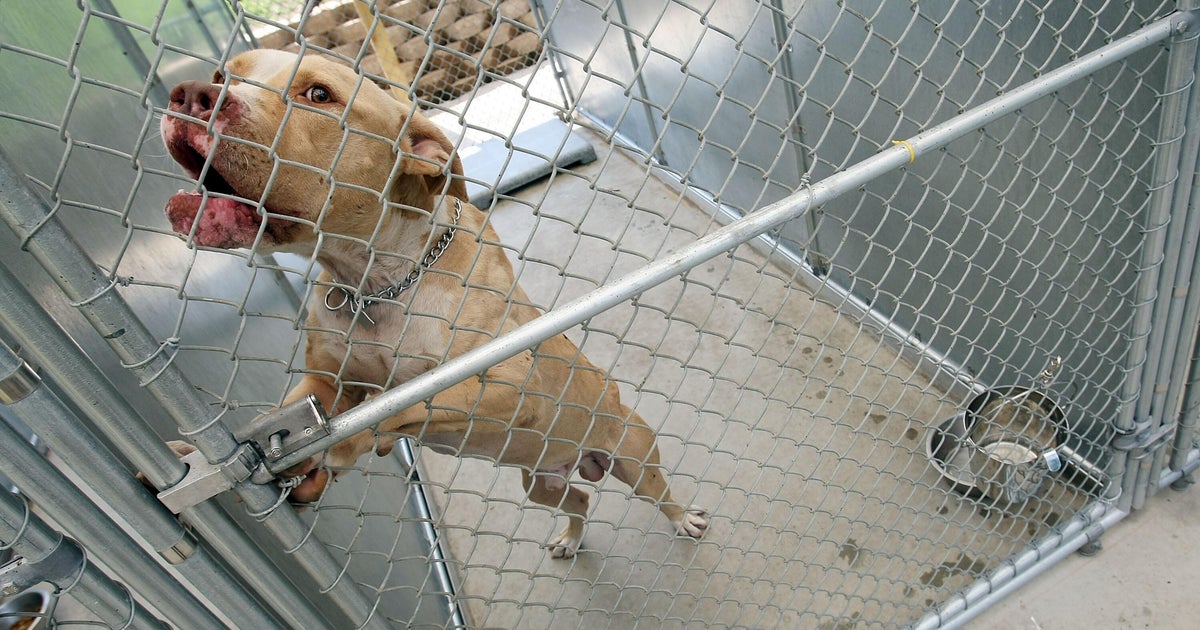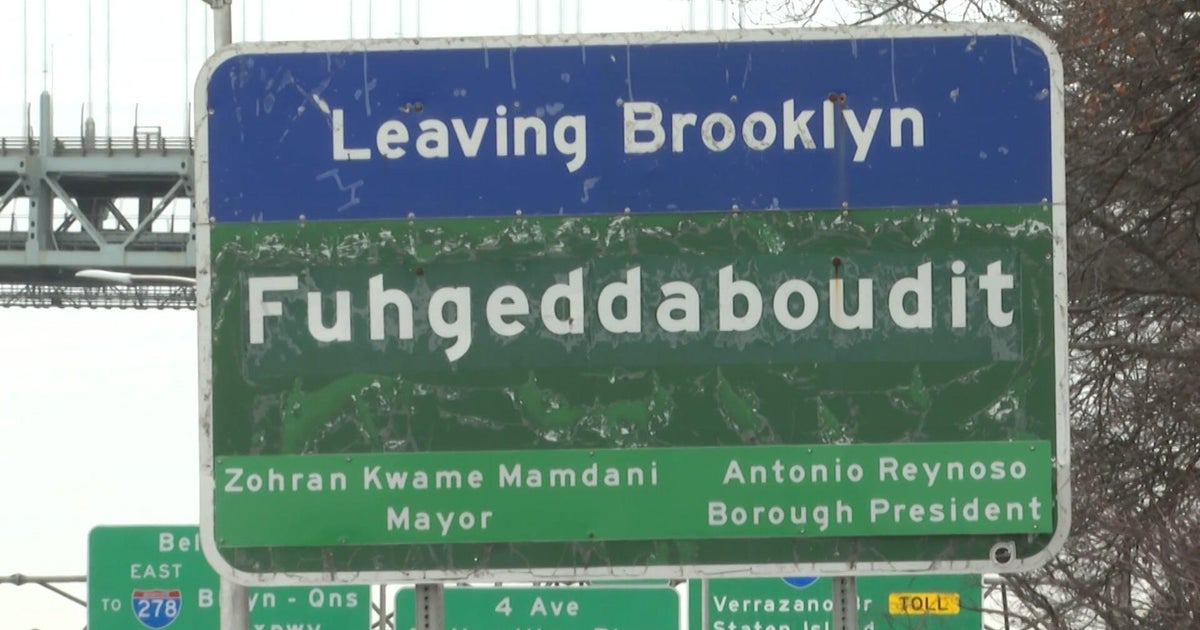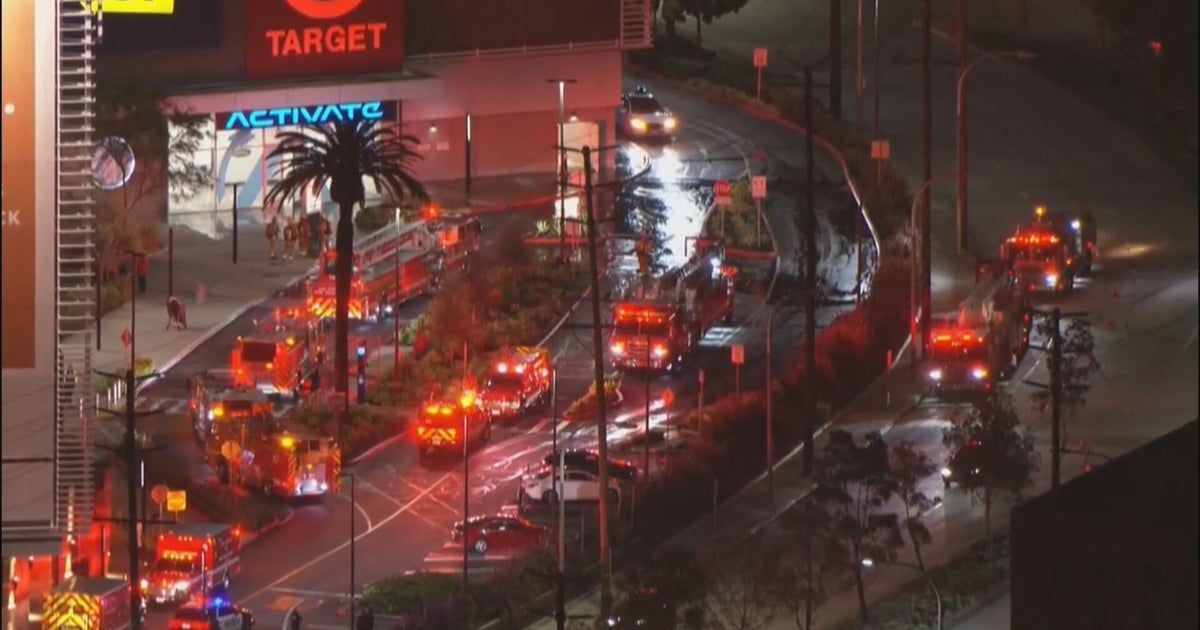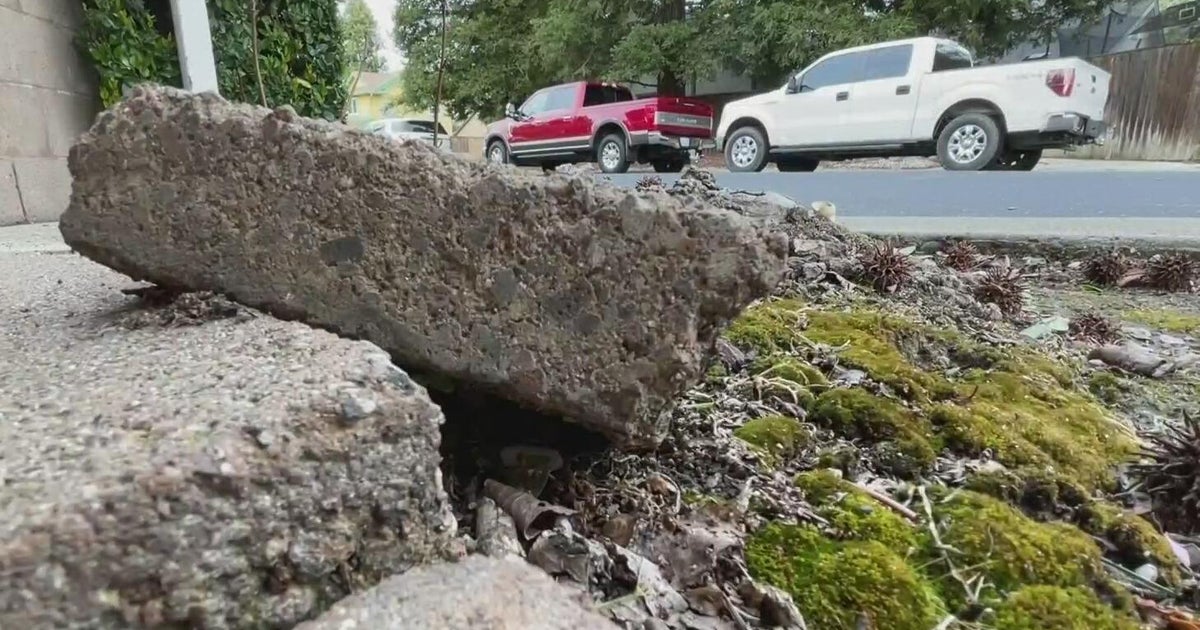Landlords Say New Rent Regulations Are Causing Negative Changes For Everyone
NEW YORK (CBSNewYork) -- Some real estate investors now say New York City's housing market is in jeopardy.
New rent regulations will permanently preserve rental rates on a third of rental units.
Housing advocates say it's a win, but landlords say everyone will lose and negative changes are already happening.
Bay Ridge landlord Chris Athineos says legislation signed by Gov. Andrew Cuomo last month will limit his ability to avoid band-aid fixes to rent-regulated units.
One rent-regulated unit has a bathroom from 1933, and he says it may stay stuck in that area.
"Typically we would gut this bathroom right down to the studs," Athineos said. "Rather than replace it, we'll just repair it. We'll put a new piece of Formica, glue it on there and re-rent it like that."
The last tenant in that one bedroom paid $1,657.25 per month. Athineos may have increased it to $1,800 a month, but now he has to rent to the next tenant at the same exact price.
On average, a landlord would spend $70,000 on apartment improvements and charge more rent in return. Now, he's limited to spending $15,000 over 15 years.
"If we can't cover cost of improvements, the money doesn't magically appear to pay for the improvements," Athineos said.
New York senate majority leader Andrea Stewart-Cousins says the law protects tenants.
"[Previously] it really kind of incentivized landlords to get rid of your tenants, you know? If you get 20% extra money if you have a vacant apartment, if at some point you raise rent so high that it can no longer be called affordable, you have an incentive to continue to raise the rent," she said. "So what we saw was a loss of almost 300,000 affordable units since 1993. Where are these people going?"
Bob Knakal, chairman of New York investment sales at JLL, says hundreds of laborers hired for renovations have been laid off. He also believes the lack of incentives for landlords could be detrimental.
"In the 1970s, the dilapidation rate of housing units in New York City was 14%, meaning that 14% of the units were uninhabitable. Today that rate is 0.04% and the main reason for that is this tremendous incentive," he said. "The volume of sales was down about 35% in the first half of 2019, based simply on the expectation that the laws were going to change."
"What we estimate is within the next five years, up to 270,000 units of rent-regulated housing will have problems meeting basic daily and operational needs," James Whelan, president of the real estate board of New York, said. "We estimate within the next five years, the city will collect a billion dollars less each year in property tax revenue from rent-regulated buildings."
Some, like real estate attorney Jamie Heiberger-Harrison, say it's a wait and see.
"It's going to take years for that, you know, that progress, for us to really see, wow, nothing extra's been done in 10 years, and now they'll start to see something different. But who knows? By then, the rules can all change again," she said.
The Senate majority leader says the legislation requires that the impacts be re-assessed in the next few years, so that means the legislation could be adjusted.
